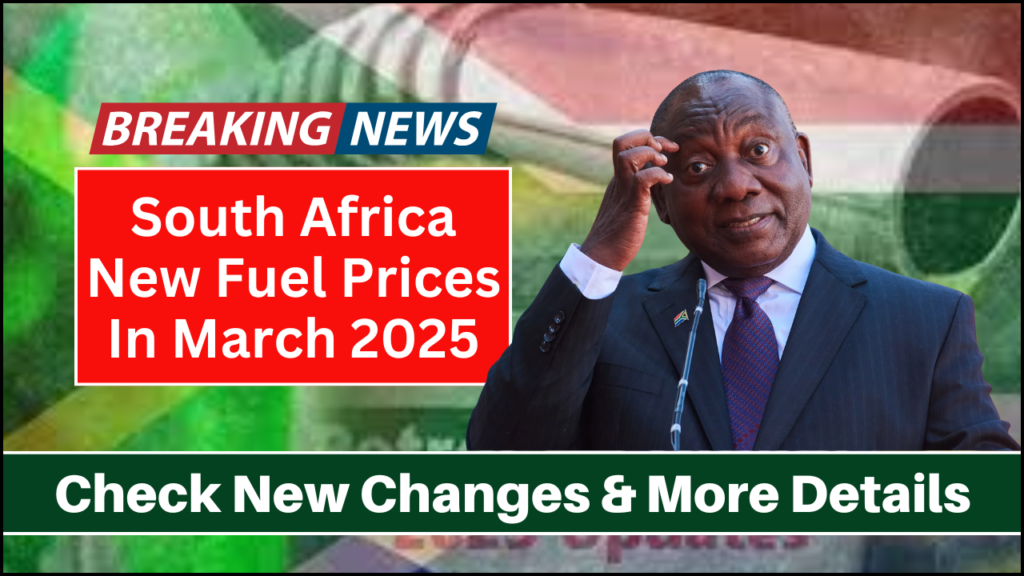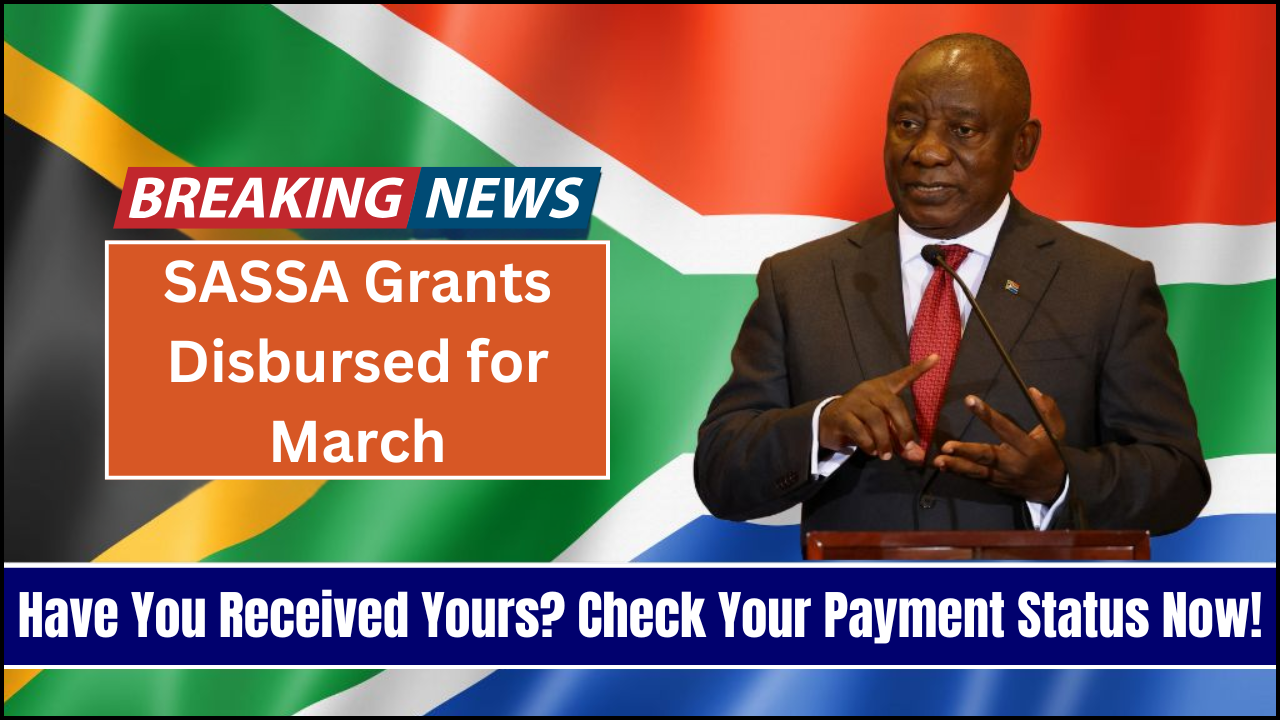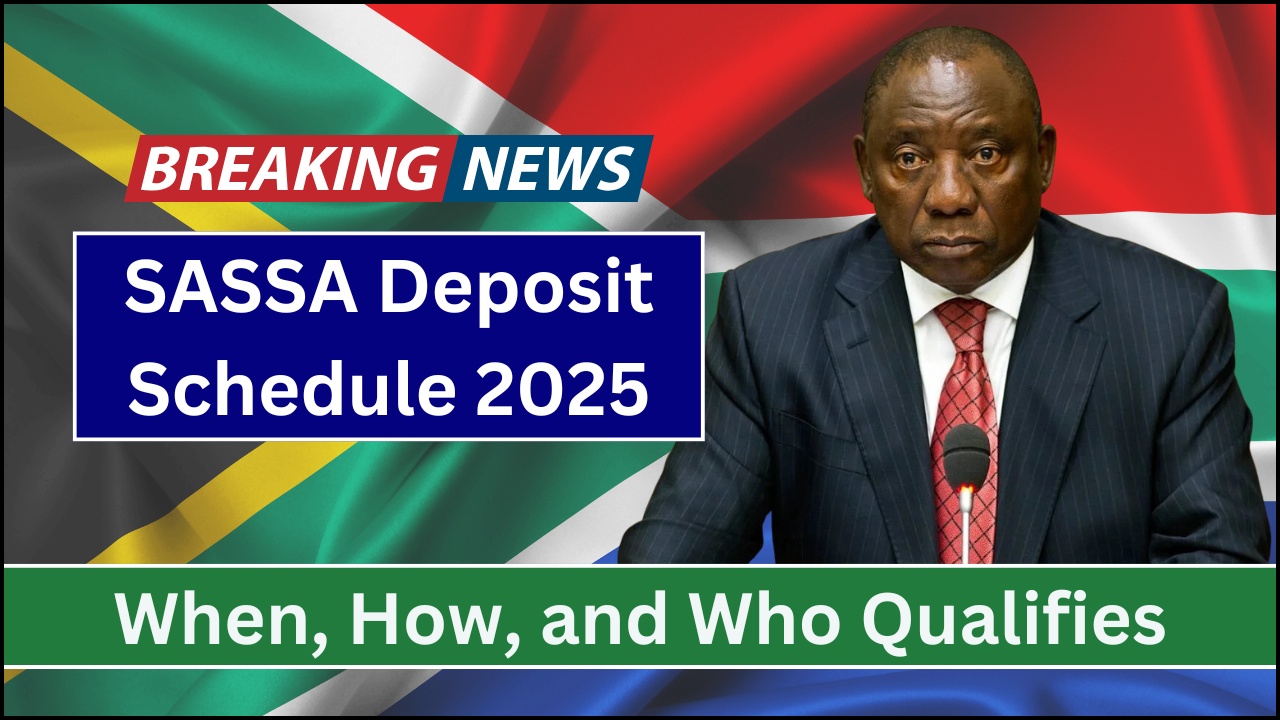
In a welcome development for South Africans, fuel prices have decreased slightly this March. The Department of Mineral Resources and Energy (DMRE) announced these changes, which took effect on March 5, 2025. While the drop is small, it offers some relief to drivers, businesses, and households across the country. Let’s break down what’s happening with fuel prices and what it means for everyday South Africans.
The Price Changes: How Much Are You Saving?
The good news is that all fuel types saw price reductions in March. Here’s what changed:
- Petrol 93: Down by 7 cents per liter, now costing R22.09 inland and R21.28 at the coast
- Petrol 95: Also down by 7 cents per liter, now R22.34 inland and R21.55 at the coast
- Diesel 0.05% sulfur: Decreased by 17.5 cents per liter, now R20.23 inland and R19.47 at the coast
- Diesel 0.005% sulfur: The biggest drop at 23.5 cents per liter, costing R20.23 inland and R19.47 at the coast
- Illuminating Paraffin: Reduced by 6 cents per liter
- Liquefied Petroleum Gas (LPG): Down by 2 cents per kilogram
In real terms, this means filling a 50-liter tank will cost you about R3.50 less for petrol and between R8.75 and R11.75 less for diesel. While these savings might seem small, they add up over time, especially for businesses and frequent drivers.
SASSA Old Age Pension 2025, Check Higher Benefits
South Africa’s R1,370 Social Grant, Check Latest Eligibility Requirements
SASSA R2110 Grant Payment 2025, Eligibility, Dates, and Application Process
SRD Grants To End After March 2025, Resources and Support for Grant Recipients
Understanding the SASSA R2,090 Grant, Financial Security for South African Elders
Why Are Fuel Prices Dropping?
Several factors have contributed to this decrease in fuel prices:
1. Lower Crude Oil Prices Worldwide
The price of crude oil dropped from $77.41 to $74.89 per barrel during the review period. This happened because:
- Countries outside of OPEC (Organization of Petroleum Exporting Countries) are producing more oil than expected
- Global demand for oil has been lower than predicted
- Talks about a ceasefire between Russia and Ukraine have raised hopes that more oil will become available on the market
2. A Stronger South African Rand
The Rand strengthened against the US dollar, moving from R18.73 to R18.50 during the review period. Since South Africa buys oil in dollars, a stronger Rand means we pay less for the same amount of fuel, helping to lower prices at the pump.
3. Mixed International Fuel Product Prices
While crude oil is the raw material, refined products like petrol and diesel can follow different price trends:
- International petrol prices increased slightly due to some refineries in the United States temporarily shutting down
- Diesel prices fell more significantly because of lower worldwide demand
- This explains why diesel prices dropped more than petrol prices in South Africa
4. No Change in the Slate Levy
The Slate Levy (a mechanism used to stabilize fuel prices) remained at 0 cents per liter in March 2025. This is because the cumulative slate showed a positive balance of R2.29 billion, meaning there was no need to add this extra cost to fuel prices.
Who Benefits From Lower Fuel Prices?
Everyday Motorists
If you drive regularly, you’ll see small but welcome savings each time you fill up. For someone who fills a 50-liter tank once a week, this could save you around R14 to R47 per month, depending on whether you use petrol or diesel.
Public Transport Users
Taxis, buses, and other public transport services use large amounts of fuel. Lower prices, especially for diesel, could help keep fares stable or potentially lead to small reductions if the trend continues.
Households Using Paraffin and LPG
Many South African households, particularly in areas without reliable electricity, rely on paraffin for heating and cooking. The 6-cent reduction per liter provides some relief for these families. Similarly, homes and businesses using LPG will benefit from the 2-cent per kilogram reduction.
The Logistics and Transport Industry
Companies that move goods across the country are big winners from this price drop. Diesel is the lifeblood of the logistics industry, and the significant 17.5 to 23.5 cents per liter reduction helps lower their operating costs.
Food and Consumer Goods Prices
Almost everything we buy is transported by vehicles at some point. Lower fuel costs for transport companies could help slow down price increases for food and other everyday items, though the effect might be small and take time to show up on store shelves.
What Can We Expect in the Coming Months?
While the March decrease is positive news, several factors could influence fuel prices shortly:
Crude Oil Market Uncertainty
Global oil prices remain unpredictable. If demand stays low and supply continues to be plentiful, we might see further price decreases. However, any international conflicts or production cuts could quickly reverse this trend.
The Rand’s Performance
South Africa’s currency plays a crucial role in determining fuel prices. If the Rand continues to strengthen against the dollar, it could help keep fuel prices down. However, economic challenges or political uncertainty could weaken the Rand and push prices back up.
Potential Fuel Tax Adjustments in April 2025
April is traditionally when the government reviews fuel levies and taxes. Finance Minister Enoch Godongwana has so far kept these levies unchanged, but there’s always the possibility of increases in the upcoming review. Any tax increases would directly affect the pump price, potentially offsetting the gains seen in March.
Making the Most of Lower Fuel Prices
Even with this modest decrease, South Africans can take steps to maximize fuel efficiency:
- Maintain your vehicle regularly: A well-maintained engine uses less fuel
- Check tire pressure monthly: Properly inflated tires can improve fuel economy by up to 3%
- Plan and combine trips: Reducing the number of short trips can save significant amounts of fuel
- Drive smoothly: Avoid rapid acceleration and harsh braking, which consume more fuel
- Consider carpooling: Sharing rides for regular commutes splits the fuel cost among passengers
Looking Ahead
The March 2025 fuel price decrease brings modest but welcome relief to South Africans. While the savings at the pump are relatively small, they contribute to easing the financial pressure on households and businesses alike. However, the future remains uncertain, with potential tax adjustments looming in April that could impact prices.
For now, South Africans can enjoy slightly cheaper fuel while keeping an eye on international oil markets and the Rand’s performance for hints about future price movements. These small savings, combined with fuel-efficient practices, can help stretch your budget a little further during these challenging economic times.





